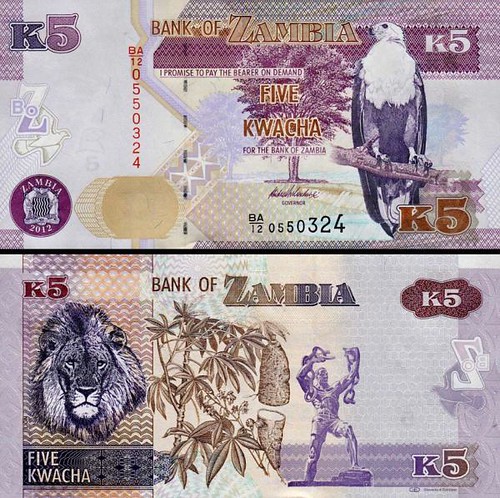The Zambian government is optimistic that an agreement can be reached with its official creditor committee to restructure $6.3 billion of external debt by the end of the International Monetary Fund (IMF) gathering in Marrakesh, Morocco this week, according to sources familiar with the negotiations.
Zambia has been engaged in ongoing discussions with the creditor committee, co-chaired by China and France, since reaching a deal in principle to restructure its debts in June. The southern African nation became the first country on the continent to default on its debt obligations since the onset of the Covid-19 pandemic in November 2020.
Progress towards a final agreement has been slow, hampered by the complexities of Zambia’s external debts and differences between creditors over potential haircuts and restructuring terms. However, sources indicate the government is aiming to have a memorandum of understanding signed by the end of the IMF and World Bank Annual Meetings, which run from 10-16 October.
The creditor committee represents over a dozen countries and institutional lenders owed money by Zambia. The committee was formed in early 2021 to negotiate collectively on behalf of all creditors after Zambia requested debt relief under the Common Framework – an initiative launched by the Group of 20 major economies in 2020 to provide a structured approach to debt restructuring for low-income countries.
The IMF has indicated that Zambia could be eligible for about $1.4 billion in emergency financing once a staff-level agreement on a reform programme is reached. However, this is contingent on securing assurances from creditors that Zambia’s debts will be put on a sustainable path.
With the country in a precarious economic situation marked by rising inflation, widening fiscal deficits and critical social spending gaps, Zambian authorities are keen to make progress on debt relief. A successful restructuring is seen as vital to stabilising Zambia’s public finances and creating conditions for an economic recovery.
However, the path forward remains complex given the scale of the debt overhaul required and the divergent interests of different creditor groups. China, Zambia’s single largest bilateral lender, is reportedly reluctant to accept large haircuts on its loans. Meanwhile, private creditors have warned against preferential treatment for Chinese lenders at their expense.
How these tensions will be resolved remains unclear. But with goodwill on both sides, sources suggest a memorandum of understanding by the end of the IMF summit is within reach, representing a positive step forward for Zambia after two difficult years of default and protracted negotiations.

